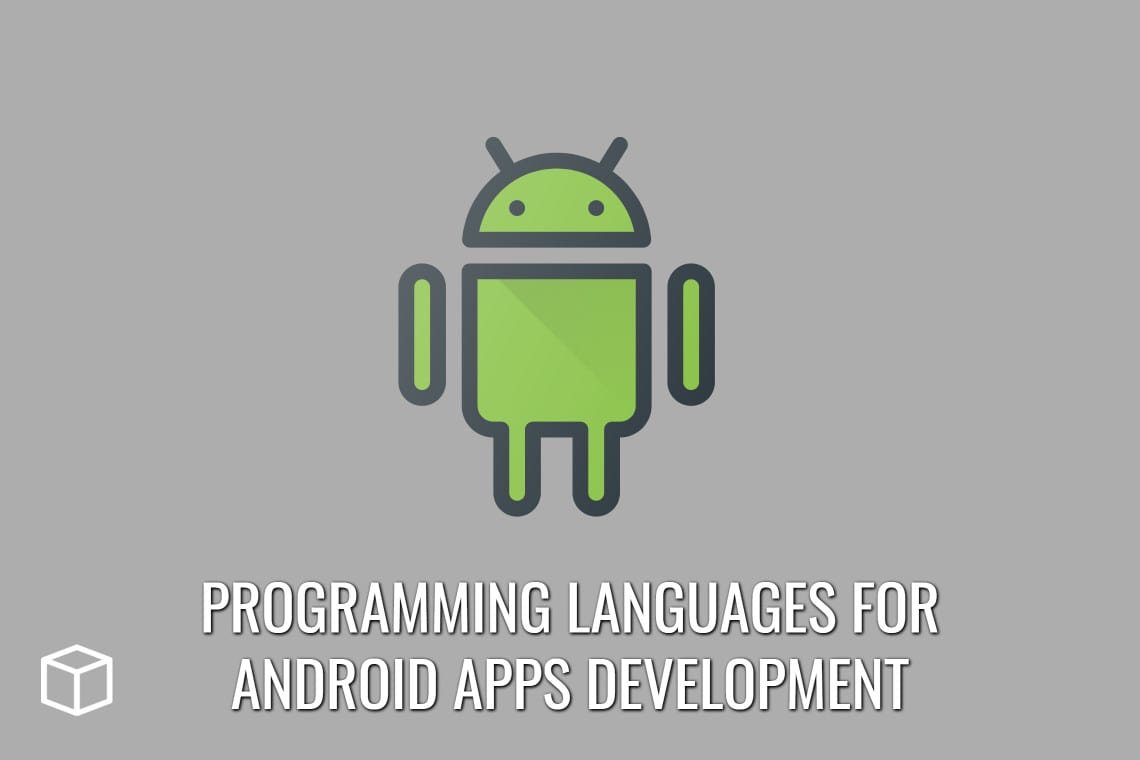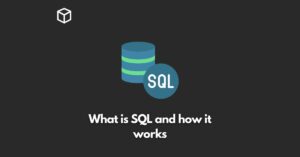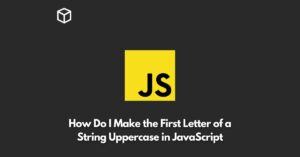Do you want to learn Android Apps Development and are wondering which programming language to learn and use for this. No worries! we have covered – we will tell you about the top programming languages for developing Android apps for yourself or other users.
Android Apps are software programs on an Android device. They can be downloaded from the Play Store (formerly the Android Market). The Play Store is pre-installed on devices running Android OS version 2.2 and higher.
Android Apps allow users to perform many functions from their phone. Users can check email, surf the internet, make video calls, play games, and much more.
Let’s know about the best programming languages for Android Apps development.
Best Programming Languages for Android Apps Development
1. Java
A Java programming language is a high-level object-oriented programming language. It has been designed to enable platform-independent, cross-language development by developing just one application against one set of APIs, which can then be compiled and run on any platform with a compatible JVM.
The Java Programming Language is not just used for software development but also in web applications, cloud platforms and IoT (Internet Of Things).
One of the most popular Java Programming Language frameworks is Android. Android provides a rich android API for developers to extend and build upon in order to develop next generation applications and services.
2. C++
C++ is a general-purpose programming language. It was developed from the original C language, and includes features such as: classes, operator overloading, templates and one or more class inheritance.
A big advantage of the C++ language is that it’s intermediate between low-level languages, such as C, and high-level languages like Java. The code written in C++ runs approximately 10 times faster than Java code. That means that complex algorithms can be implemented in a very small amount of time.
C++ programming is one of the most suitable languages for Android app development due to its speed and efficiency in performing data-intensive tasks.
3. Kotlin
Kotlin is a programming language that runs on the Java Virtual Machine (JVM). Kotlin is designed to be learned incrementally, so programmers with existing Java programming experience can become productive with Kotlin very quickly.
It has excellent interoperability with Java and can generally avoid the need to learn new terminology for most tasks.
It can be used to build Android apps for various industries such as construction, banking and smart home applications.
4. Flutter
Flutter is an open-source mobile app SDK for developing native interfaces in Android.
It’s also available on Windows, Linux, and MacOS. Flutter compiles to native code, letting developers use the same high-quality low-level engine technology that powers system apps like Maps or Facebook Ads.
This approach gives Flutter applications incredibly fast rendering at 60 frames per second (vs. around 10 for most other common frameworks).
5. C#
C# is a modern, comprehensive, object-oriented language in the same family as Java.
It is a general-purpose programming language with full support for object-oriented programming.
The best way to develop an Android App is to use tools such as Android Studio or Visual Studio.
However, C# is not supported by the Android NDK (Native Development Kit for Android).
Thanks to Unity, you can use your favorite programming language to develop games for this platform.
6. Python
Python is a widely used programming language. Python is used in various domains, while its main use is for web development while it can also be used in certain other areas.
If you’re looking for a language that’s flexible and easy to learn, then you might want to look into Python and the other wide and diverse range of applications it has.
There has been increased interest in the use of Python for Android app development with many benefits coming from it for this area.
Python has a lot of libraries that are helpful for app development. The availability of these libraries makes Python suitable for Android app development, since there are many things that can be done using the already available libraries.
For example, if you’re developing an application involving image processing or network programming, then having such libraries readily available lets you focus more on the application and its features rather than having to do everything from scratch.
7. React Native
React Native is a framework for building robust native mobile apps.
React Native uses the same design as React, letting developers build upon their web development skills to quickly build native mobile apps without the overhead of writing code twice.
A lot of developers have been using React Native for their Android applications development. Since the framework is very similar to the react framework, it makes it easier for people to adopt this technology.
React Native also helps in developing a single application for a native platform which then reduces the effort that is required by a developer.
8. Ionic
Ionic is a mobile app development framework that can be used to build different kinds of applications for Android, iOS and Web. This framework is built with AngularJS and Titanium.
Ionic also leverages best practices and patterns used in native app development to build beautiful mobile apps.
Ionic supports all the features that are needed for native iOS or Android apps. Developers can create an application with the look and feel of a native GUI with HTML5, CSS3, JavaScript web standards.
Ionic is available for free on the chrome web store but other web browsers are not supported yet. As of now, there are no plans for socket support in future releases.
9. Xamarin
Xamarin is an ideal platform for developers to build Native Mobile Apps. It uses C# and the .NET framework, so developers can share code across platforms with speed and ease.
Xamarin is commonly used for Android app development. It is especially beneficial for enterprises that have to also have an iOS app.
With Xenarmin, they are able to share code across platforms with ease, making the job of developers much easier.
Many big corporations are using Xamarin for Android App Development to get the job done quickly and efficiently.
You Might Also Like
- What are Python Arrays?
- Python vs PHP
- 7 Best C Programming Books for Programmers & Developers
- 7 Best C# Books for Programmers and Developers
- 5 Best JavaScript Books for Advanced Programmers
- 7 Best CSS Books for Web Designers & Developers
- New Technologies for the Future World
- Programming Languages for Backend Web Development
- Backend Development Tools
- Best Front End Development Tools




